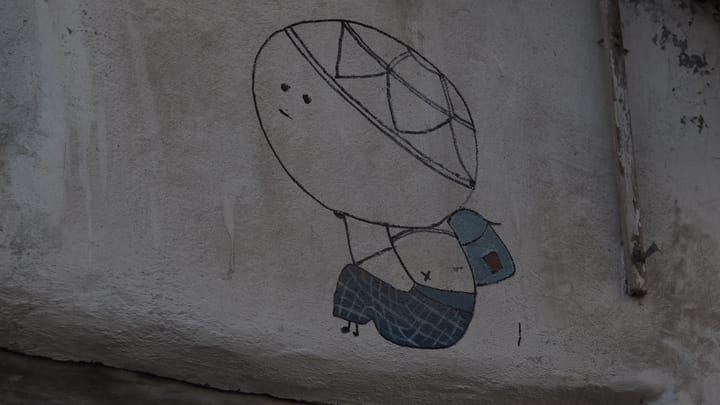excerpting The Subplot, Megan Walsh’s report on China’s literature, 2022
Literature is perhaps the art form most able to resist the kind of oversimplification required by polarized political debate. While it can be tied with social, political, and economic ideas, it also stands as what literary critic Cai Xiang says is an “independent system” that builds “a structure of feeling.” It is this that creates space to fully engage with the cognitive dissonance at the heart of any culture or society.
The West is contending with its own corrupted political landscape, fueled by the toxic influence of fake news, conspiracy theories, and attention-devouring technology. We too are having to confront our own nations’ historical injustices, which, if not officially censored, have been grossly and sometimes willfully neglected. We too are trying to understand and manage our own relationship with free speech and a free press in the age of social media. And the guiding principle of an attention economy that rewards outrage over understanding is to be purposely exposed to things we vehemently agree or disagree with.
Of course, conservative culture warriors have been a little too eager to draw parallels between the persecution of intellectuals by young, zealous Red Guards during the Cultural Revolution, and the supposed cancel culture stoked by dogmatic liberals. Nevertheless, everyone should read the English translation of Liu Cixin’s breathtaking opening chapter to The Three-Body Problem, in which an astrophysicist is persecuted and murdered by students for his “reactionary” interpretation of Einstein’s theory of relativity. Before he is killed, the astrophysicist’s young accusers inform him that the correct philosophy of Marxism should have guided his scientific experiments. “Then that’s the equivalent to saying that the correct philosophy falls out of the sky,” he replies. “This is against the idea that truth emerges from experience.” Political absolutism demands the repudiation of context or experience, rendering any kind of moral or physical relativity obsolete.
— Megan Walsh, The Subplot: What China Is Reading and Why It Matters, Columbia Global Reports, NY, 2022, 115-116
…
Encouraged by the emergence of Trump’s post-truth America and the seeming fragility and ineptitude of democracy in times of crisis, the CCP’s authoritarian tactics have intensified.
— Ibid., 116
and the last lines:
For governments and corporations insisting on a party line, literature is an unsightly and unwelcome boulder, while for people seeking unusual ideas or experiences outside their own orbit, it is a comet that has fallen to Earth. Who knows what trace elements it may contain of other worlds that we have not yet considered?
— Ibid., 118


